Here, a group member said: "My nephew is in first grade and going to second grade this year. He uses AI to do his homework, so he gradually becomes dumber when it comes to addition and subtraction without a calculator or phone." Another member "asked for help" from everyone: "How can we handle it if students/children all use AI to do their homework?"
LAZY THINKING LEADS TO UNDEVELOPED THINKING
Discussing the impact of children abusing ChatGPT or other AI applications, Professor Hoang Van Kiem, Chairman of the Science and Training Council of Saigon International University, commented: "It cannot be denied that AI has helped children access information quickly, multi-dimensionally, concisely and intuitively. However, if abused, it leads to many risks."
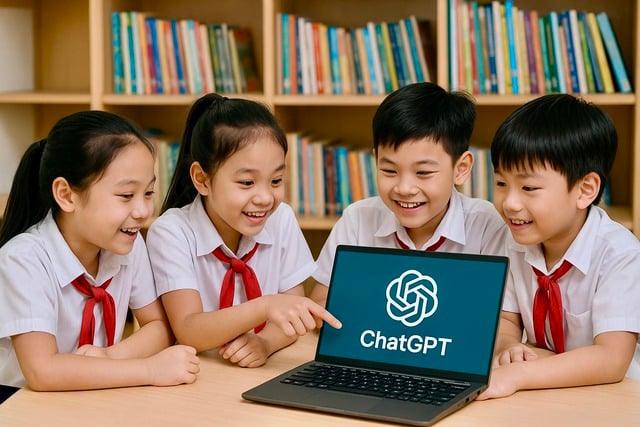
AI, if used properly, will be a tool to support students' learning.
PHOTO: CHATGPT
The first risk is that children may lose the motivation to think because AI always has the answer. The second is laziness to debate, children easily accept AI's opinion as "truth" without checking, arguing or asking counter-questions. The third is the risk of reducing active memory when AI explains for them, children do not need to review, do not need to "struggle" with the problem.
The next consequence is that students will lose the ability to solve real-life problems because AI mainly provides theoretical or model solutions. Students have less opportunity to experience and explore different right and wrong ways, which are the core of problem-solving thinking. Gradually, students may lose the ability to analyze real-life situations, especially problems that require observation, cooperation, emotions, etc.
From another perspective, Master Bui Thanh Tu, lecturer of the Faculty of Information Technology, University of Foreign Languages and Information Technology, Ho Chi Minh City, said that AI currently does not have enough data to answer all types of questions, so when there is a lack of information, AI will fabricate data. That can have consequences on the thinking of students who have enough knowledge to evaluate the correctness and appropriateness of the answer.
"If the purpose of students is to self-study, AI can help them summarize knowledge in the form of mindmaps, create additional exercises, and give feedback on the results of their work. But if the purpose is to take advantage of AI to cope with studying, then students will definitely be lazy to think, dependent on AI, unable to solve problems themselves... Using AI incorrectly will have very long-term consequences," shared Master Tu.
Mr. Tran Tam, Principal of Banh Van Tran Primary School (Tan Son Nhat Ward, Ho Chi Minh City), is worried that many primary school children now know how to use ChatGPT to do homework, answer all questions... "This is very dangerous when children no longer know how to think for themselves, solve problems for themselves, become dependent... When doing tests and exams in class, they will be confused. When encountering difficult problems, they do not know how to think and solve them," said Mr. Tam.
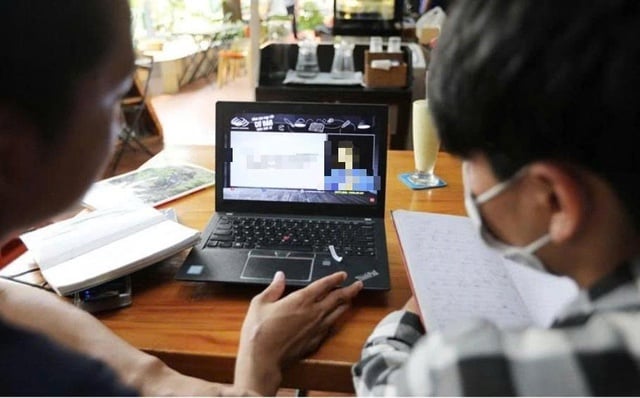
Teach children how to use AI applications in learning to avoid dependence, reliance leading to laziness in thinking, and underdeveloped thinking.
PHOTO: ND
G AGE AND SCHOOL LEVEL RESTRICTIONS FOR USE OF A I
Mr. Vu Do Tuan Huy, AI technology and application expert, Director of the National Center for Creative Economy and Digital Technology, commented: "The most important thing is that we guide and teach children how to use AI so that AI brings positive things, not negative ones. Parents and children use ChatGPT together, ask questions and ask ChatGPT to answer in an open-ended way, with many different situations/solutions, then discuss with their children the content that ChatGPT has answered. That helps children to be suggested, gain more knowledge, and practice critical thinking and problem solving, not completely dependent on ChatGPT".
Professor Hoang Van Kiem believes that parents and teachers should teach their children the following five things: Think first - ask AI later; AI suggests - choose how to do it; If using AI, you must say it clearly; AI cannot replace your heart and real experience; Use AI to learn better - not to learn for you.
In addition, Mr. Kiem also suggested setting limits appropriate to age and level of education. For example, primary school uses AI to suggest and explain concepts, not to do homework for others. Secondary school uses AI to discuss, broaden perspectives, and combine with personal thinking, but must clearly state which parts are supported by AI. High school and above can use AI to synthesize, debate, and create, but require citation and clear annotation of the role of AI.
"Each school should set specific regulations and detailed instructions on how to use AI applications in learning. At the primary level, children should not be allowed to use applications like ChatGPT without control. At the secondary level, schools can use plagiarism checking applications; can give tests in the form of general knowledge or practical application," Master Bui Thanh Tu suggested.
Source: https://thanhnien.vn/can-day-hoc-sinh-su-dung-ai-dung-cach-18525073120084234.htm








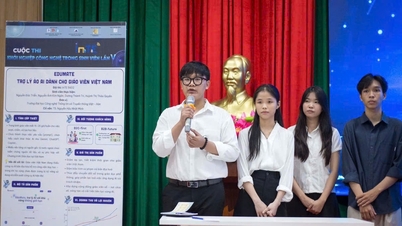


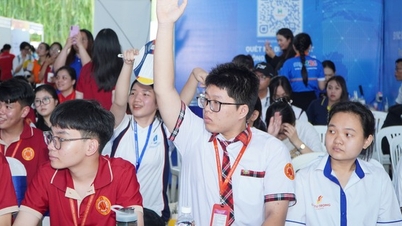



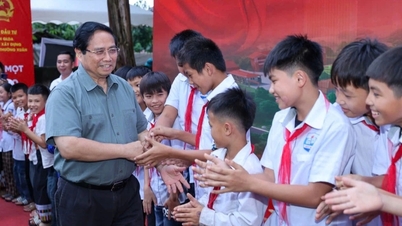





![[Video] Groundbreaking ceremony of inter-level boarding schools in the border areas of Tuyen Quang and Lao Cai](https://vphoto.vietnam.vn/thumb/402x226/vietnam/resource/IMAGE/2025/11/09/1762702287645_lao-cai-ha-giang-6159-jpg.webp)

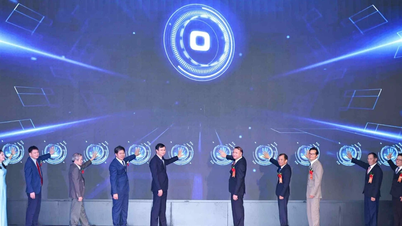
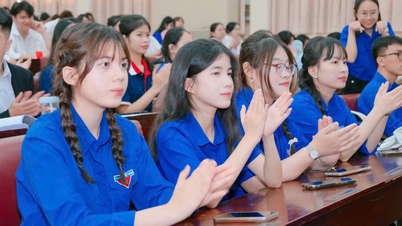
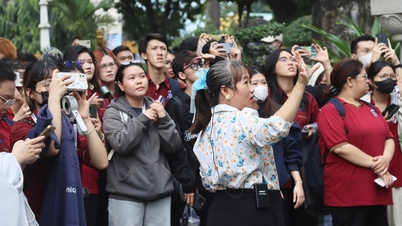








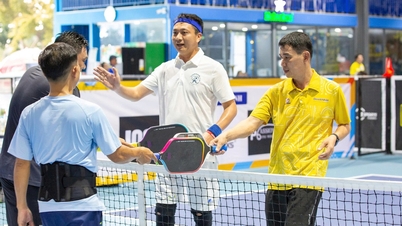





































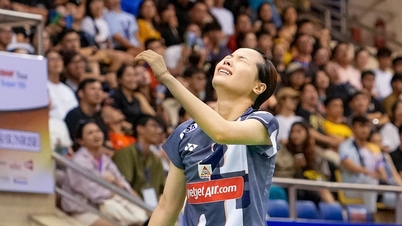


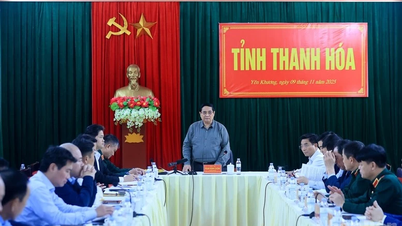



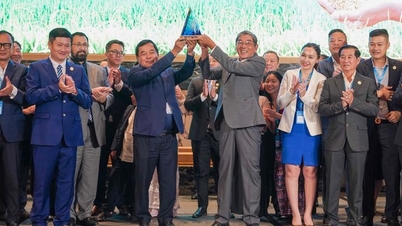
































Comment (0)